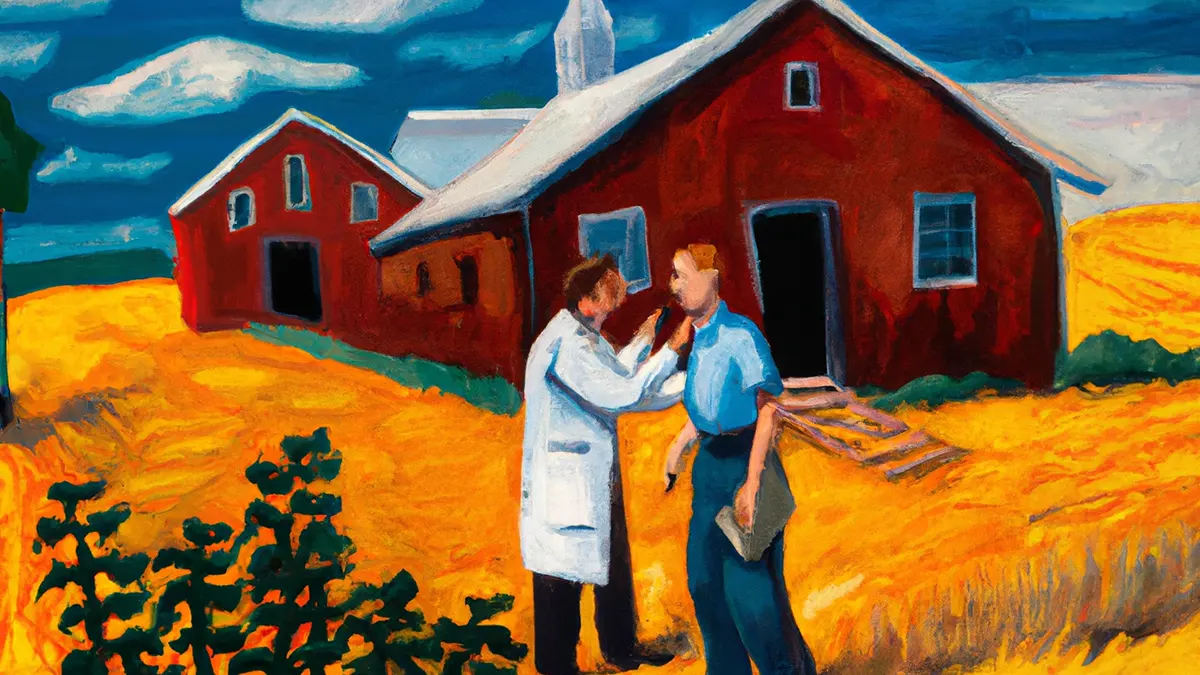Access to healthcare in rural areas is of paramount importance to ensure equitable health for all. This article explores the specific challenges faced in these regions and proposes practical solutions to enhance available healthcare services.
CHALLENGES AND SOLUTIONS FOR HEALTHCARE ACCESS
Rural areas encounter various obstacles in accessing healthcare:
- Geographic Distance: Healthcare facilities are often far apart, requiring significant travel for residents.
- Shortage of Medical Personnel: These regions frequently suffer from a lack of qualified healthcare professionals.
- Inadequate Medical Infrastructure: Existing facilities are often under-equipped and insufficient to meet local needs.
- Socio-Economic Challenges: Poverty and lack of education act as additional barriers to healthcare access.
CONSEQUENCES OF LACK OF HEALTHCARE ACCESS
The deficit in healthcare access in rural areas leads to severe consequences:
- High Mortality Rates: Infant and maternal mortality rates are often higher in these areas.
- Undiagnosed Diseases: Chronic conditions and infectious diseases may go undetected and untreated.
- Diminished Quality of Life: The lack of regular medical care negatively impacts residents’ quality of life.
SOLUTIONS TO IMPROVE HEALTHCARE ACCESS
Several initiatives can enhance healthcare access in rural areas:
- Telemedicine: Using technology to provide remote medical consultations.
- Mobile Clinics: Deploying mobile clinics to reach remote communities.
- Training and Incentives for Medical Personnel: Encouraging healthcare professionals through specialized training programs and financial incentives to work in these regions.
- Public-Private Partnerships: Collaborating with non-governmental organizations and private enterprises to strengthen healthcare infrastructure and services.
Improving healthcare access in rural areas is essential for promoting health equity. By investing in these solutions, we can move towards a future where every individual, regardless of their location, has access to adequate healthcare.
